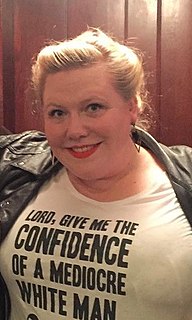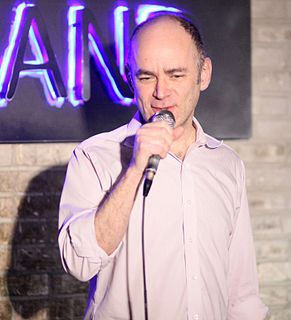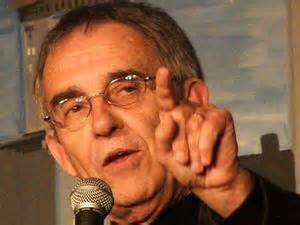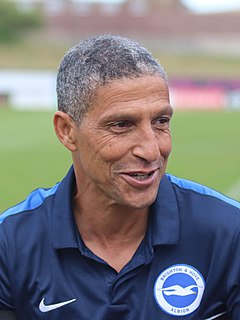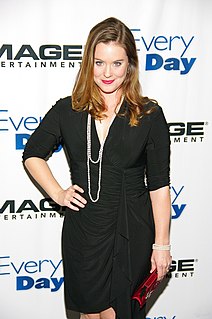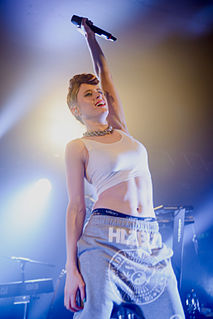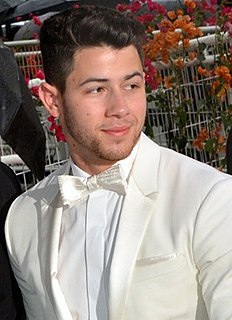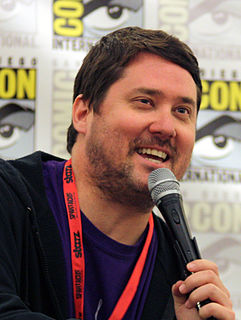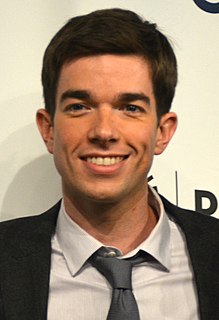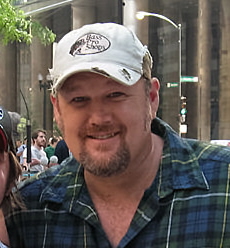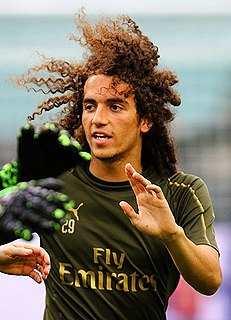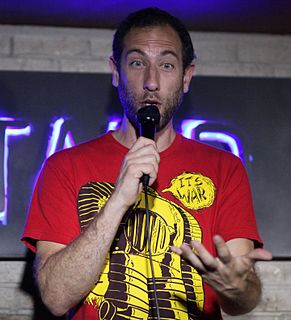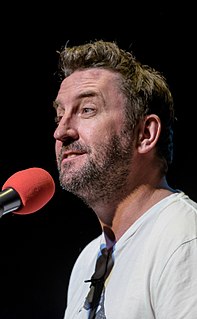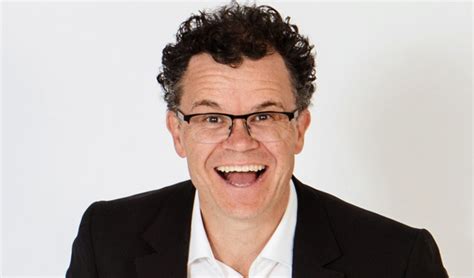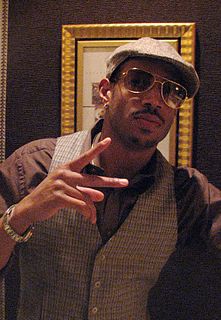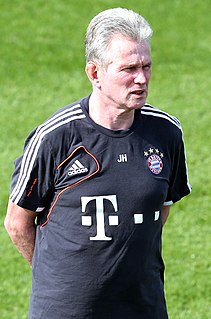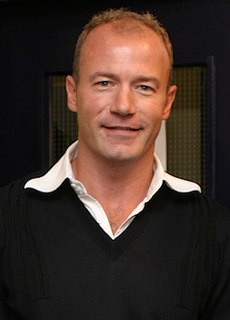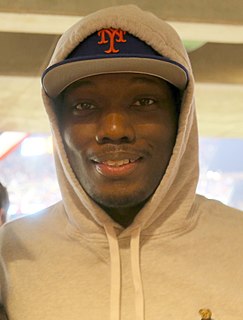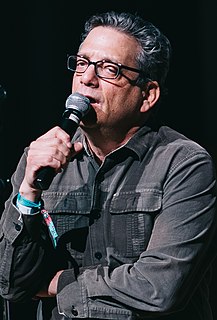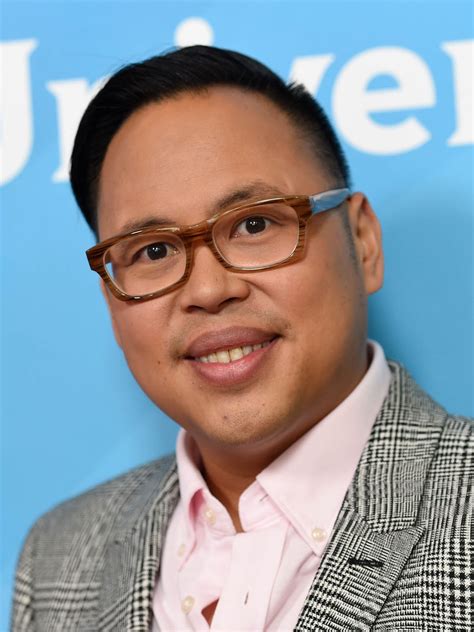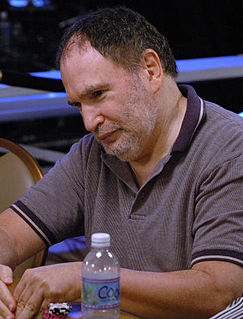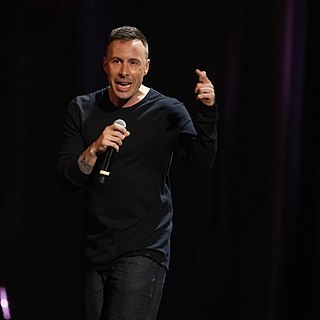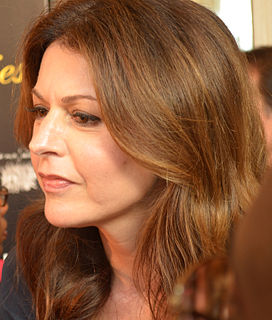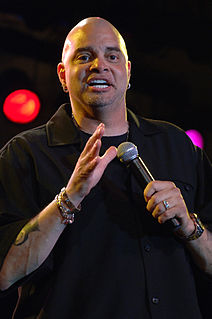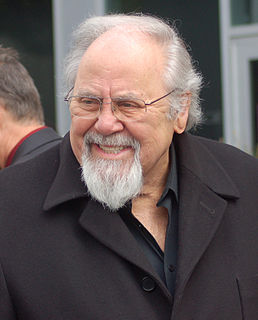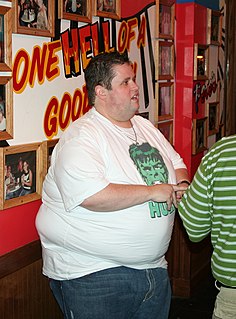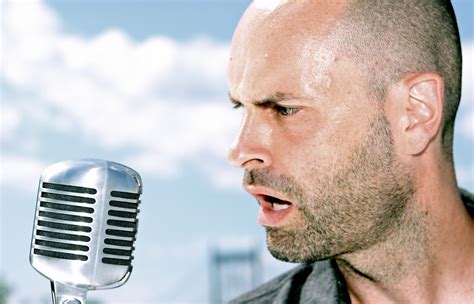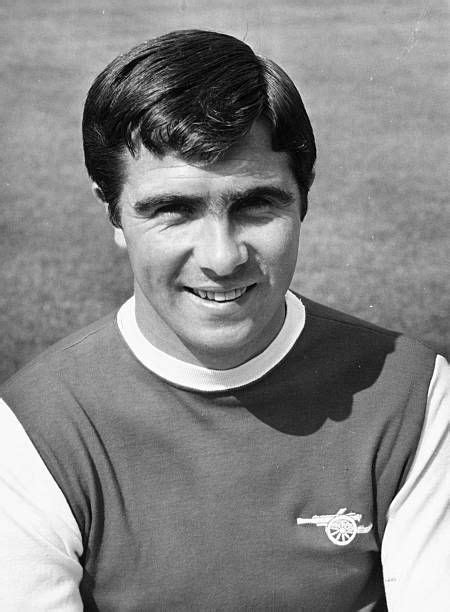Top 1200 Comedy Clubs Quotes & Sayings
Explore popular Comedy Clubs quotes.
Last updated on November 13, 2024.
On a practical level, I'm uncomfortable at comedy clubs because there are so many shitty dude comics who have made my life miserable. If I go to a comedy club and I look around, I don't know which of the dudes lining the wall told me that I was too fat to get raped. It makes me nauseous. But that was a couple years ago, and meanwhile, comedy has changed a lot.
The problem with a lot of comedy clubs is not that they are a comedy club; it's just the cheesy way they're presenting themselves. That's why a lot of people have a problem with them. If you're a relatively unknown comedian, you can play at a comedy club, you might play to hundreds of people every night. But if you try to make a concert event out of it, and try to play a rock club or something, where you might play to 10 people or no people. And the flipside of that is, that's also a great thing, to play to people who are your fans. Some people are too hard on the comedy clubs.
I knew I wanted to be in comedy but the path of least resistance was doing stand-up in folk music clubs where I could get on stage. I guess you could get up no matter how bad you were and you didn't have to audition. You just got up. Everything else required an audition and if you auditioned for a TV show, you would stand in line with a hundred other people. But at the clubs, it was okay just to get up, so that's why I started in stand-up.
Every time I've done comedy in, like, traditional comedy clubs, there's always these comedians that do really well with audiences but that the other comedians hate because they're just, you know, doing kind of cheap stuff like dancing around or doing, like, very kind of base sex humor a lot, and stuff like that.
I've gone to normal clubs, straight clubs, and I've gone to gay clubs to party with my friends and fans. There's no difference. I have nothing to prove. I'm very comfortable in my own skin, and I'm thankful to have as many close gay friends as I have, people who have been so supportive in my life and have always been there for me.
The thing that still exists is that if it's at all possible for me to step outside the club after the show, because I still haven't encountered any comedy clubs that - legally they can't have weed smoking and alcohol at the same facility, pretty much in all the states that have legalized, that's part of the deal. And, unfortunately, comedy clubs make all their money from the selling alcohol part of it. So, since there are no venues I can smoke with the fans in, I step outside and pretty much every show I do there are some people out there and we have a nice little session.
I would love to be able to play anywhere, but to me the sweet spot is clubs and theaters, just because I feel like you lean in to tell a joke. You don't back up. Comedy lives in that area. I've played amphitheaters, big clubs, and pool halls, and the most fun rooms hold anywhere from 500 to 2,000 people. That intimacy is where comedy really lives.


